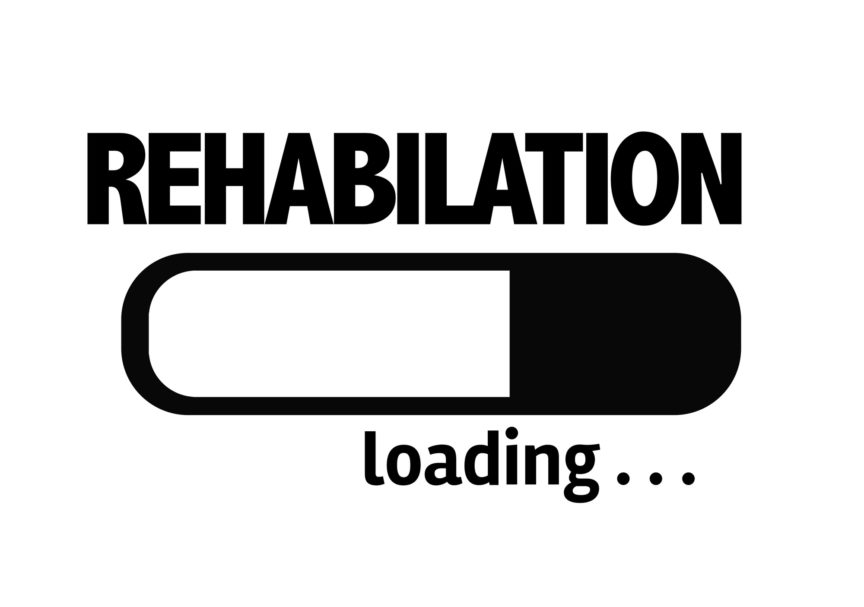Did you know that the Affordable Care Act (ACA) requires most insurance companies to offer addiction treatment services coverage? Considered essential health benefits, rehab costs don’t have to come between you and a healthier, happier future. That said, you need to do some research into what your individual provider covers.
Not sure where to start? We’ve got you covered. Read on for everything you need to know about estimating rehab costs and finding out what your insurance covers.
Researching Your Insurance Coverage
Start by determining what your individual insurance provider covers. Collect all of the information that you can about your specific insurance plan including the name of your provider and identification number. You will find both your ID number and contact information on the card issued by your insurance company.
Use this information to call your insurance company to find out more about your rehab costs coverage. During the call, you may be prompted to give your:
- Full name
- Date of birth
- Social security number
- Name of the individual through which you’re insured
Have this information ready to go before the call. Once you have a better idea of what your provider covers, speak with potential rehab facilities about which in-network insurances they accept.
Speaking with Potential Rehab Facilities
Now, make a list of potential rehab facilities and give each one a call to see which insurance plans they accept. You’ll also get a better feel for each facility by talking directly with the staff there to see how helpful, welcoming, and professional they act.
When you get somebody on the phone, give them the information about your healthcare insurance and plan and ask them if they accept this plan. Be prepared to share the following with them:
- Your name
- Date of birth
- Insurance provider
- ID number
With this information, they’ll verify your insurance coverage as well as get a detailed breakdown of what your provider will actually pay for.
Getting a Detailed Breakdown of Treatment Costs
At this point, they should tell you how much rehab will cost and what percentage of the bill you’ll remain responsible for.
How much you end up owing depends on your insurance provider and plan type. Your insurance may limit you specifically to outpatient rather than inpatient care. Or, they may limit how many days of rehab they cover.
A good treatment center will help you sort out coverage details with your insurance so that you have a clear understanding of what you’ll owe in advance. But, if you prefer, you can also get this information by calling your insurance company and providing them with the name and information of a rehab center that you’re considering.
Just make sure you get an itemized breakdown of what the rehab center plans on charging you so that you can discuss this with your provider. If this feels too complicated or your provider asks questions you can’t answer, direct them to the rehab center.
Calculate Your Out-of-Pocket Costs
More than likely, you’ll have out-of-pocket costs associated with rehab. Why? Because most insurance companies have a deductible you must meet before they start covering treatment costs.
Find out what this deductible is and count it among your out-of-pocket expenses. You may also have co-pays or coinsurance costs, which represent a percentage of your total treatment expenses. These costs may add up leaving you second-guessing your decision to seek treatment.
But consider this an investment in a happier, healthier life. You deserve the chance to live life sober, and rehab represents one of the single most important and positive decisions you’ll ever make. While it might not seem like it now, your treatment costs will get returned to you a hundredfold in the form of:
- Mended relationships
- Career improvements
- Better health
- Newfound control over your life
- Other ways you can’t yet imagine
Yes, rehab proves expensive. But addiction is even more expensive, and it comes with heartbreak, suffering, increasingly severe health consequences, and even death.
File a Claim for Rehab Costs
Now that you know how much your insurance covers, have found a good treatment program that accepts your coverage, and you understand your out-of-pocket expenses, it’s time to file a claim. A claim lets your insurance company know exactly which treatments you’re seeking. While you can file a claim, it’s much easier if your treatment center handles this for you.
Either way, your healthcare coverage provider will need to see an itemized doctor’s bill. This should include a detailed list of every treatment and medication you’ve received and the cost. It will include a breakdown of:
- Treatments
- Procedures
- Medications
- Overall cost
- Insurance codes
Your provider will prove most interested in insurance codes, which provide them with a way of categorizing the treatments you receive. Once your insurance company receives the claim, if the correct information has been provided, they’ll process it and pay their portion of the costs.
Sometimes, mistakes happen, however. From the wrong insurance codes to no codes at all, these errors can result in a claim denial. Or, they may indicate procedures and treatments not covered by your plan.
That’s why it’s so important to get as many of your rehab treatments, medications, and procedures approved ahead of time. That way, you know with certainty what you will and won’t owe at the end of the day.
Develop a Plan of Action
Now that you know which portion of the costs are out-of-pocket, come up with a plan of action to pay them. Find out if your treatment center offers a sliding payment scale based on your household income. Ask your rehab center about payment plan options, too.
That way, you can conquer your debt with reasonable monthly payments. A good treatment center will work with you to pay your out-of-pocket expenses. Don’t be afraid to discuss finance options with them.
We’re Here to Help
Interested in learning more about rehab costs and insurance coverage? Or, maybe you have questions about the difference between inpatient and outpatient rehabilitation?
We’re here to help, so contact us at 1-855-431-5578 for immediate assistance. And follow our blog to learn more about addiction and how to overcome it.

